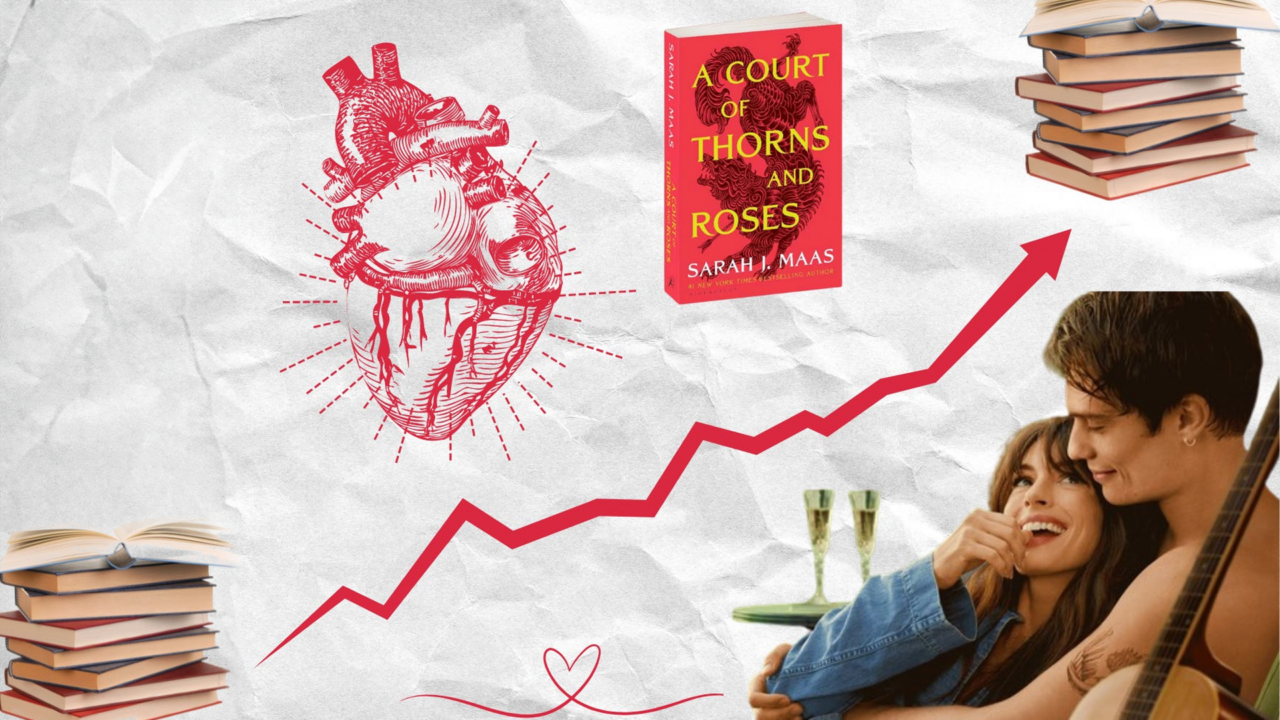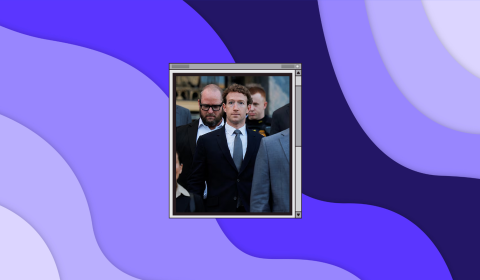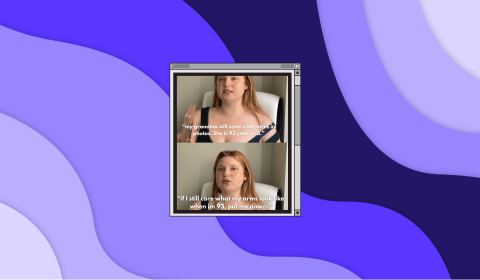Gen Z love love
Welcome to the latest edition of The Gen Zer. This week, we take a look at the world of romance and why the market for it has been exploding over the past few years, moving from the fringes to more and more places in mainstream culture. We also cover the latest news about Pinterest, teen entrepreneurs, and the tempting offer of Olivia Rodrigo tickets. Read on for more . . .
![]()
Recently, there have been a bunch of interesting headlines concerning Gen Z, dating and the world of romance. Almost half of Gen Zers reportedly want less sex on screen. We’re also increasingly deleting dating apps. Given this, you might think there’s a move away from romance in general, and yet this is anything but true. Romance — from books to events to merch and more — is booming.
Vanity Fair recently sat down with Erica Cerulo and Claire Mazur, expert lifestyle curators and trendsetters known for their A Thing or Two newsletter and podcast. Their latest venture is 831 Stories, “an entertainment company with books at the foundation,” which is all about romance as a force for good, from publishing novels from new voices, to hosting in-person events, to changing the conversation around the role of romance and literature in mainstream culture.
It’s no secret that the romance market and fandom are having a heyday. Sarah J. Maas alone has sold over 40 million books, causing her publisher, Bloomsbury, to up its financial forecasts after its “exceptional growth”. The premiere weekend of Bridgerton’s third season saw over 45 million views on Netflix. On the whole, the sales figures of romance stories have been exploding over the past few years; in 2022 they increased by a staggering 52% year-on-year, largely driven by an uptick of Gen Zers spurred on by BookTok recommendations and communities.
Just as A24 brought indie cinema from the fringes to the mainstream, imprints like 831 Stories are hoping to do the same with romance. It’s a genre that has typically been more on the outskirts of literary culture, despite having clear mainstream appeal, and yet this is rapidly changing.
Design is playing a role in this transition. You’re probably going to hesitate getting your book out on the tube if the front cover is of an oiled-up cowboy, but modern titles are much more plain-fronted. It’s similar to how later editions of Harry Potter had much more subdued covers, helping adults to feel comfortable reading them in public and, in doing so, helping to move fantasy more into the mainstream. Modern imprints are now doing a similar thing for romance.

When Ariele Fredman (Colleen Hoover’s publicist) spoke to npr, she emphasised how the demographic for romance novels is getting younger and younger — not just readers in their thirties, forties and fifties, but increasingly Gen Z and younger Millennials as well. “Gen Z is a huge audience for romance,” Fredman said. “If you think about it, like millennials, their youth has been marked by global and social upset and unrest in many ways, so looking for a happy ever after or an emotional outlet in a book seems like a healthy way of coping.”
Representation is also an important draw for younger fans. For these readers, there’s a chance for self-discovery and exploration that they might not be able to find anywhere else, particularly in more conservative communities or families. It’s a bit like how André Aciman’s 2007 novel Call Me By Your Name is so beloved by the queer community, having helped young fans to explore their own identity in a safe, empathetic environment. Or, going back further, the love towards E. M. Forster’s novel Maurice, which was written in 1913 but not published until 1971.
The world of fiction is certainly changing. In Georgian society of Jane Austen’s novels, the main concerns for characters like Elizabeth Bennet or Elinor Dashwood typically were to do with marriage, money and class. Even if they rebelled against the patriarchal society they were living in, their actions were still confined by it. For the books being published by 831 Stories, it’s important that the protagonist’s life doesn’t hinge on their relationship, says Celuro. “We really like the idea of self-actualized female main characters. It’s just nice to see that in the world.” Increasingly, romance novels are highlighting the stories of a much wider audience, from those with diverse backgrounds to lovers who aren’t your typical couple (or throuple, for that matter).
@emfunnsbooks fantasy romance simply hits different when the 🌶️🌶️🌶️ is present & giving because nobodyyyy does it like the fictional fantasy men ❥ — #booktokfyp #🌶️booktok #romantasybookrecs #sarahjmaasbooks #booksiveread #carissabroadbent #kerrimaniscalco #jenniferlarmentrout #zodiacacademyseries ♬ original sound – em :)📖💭




















